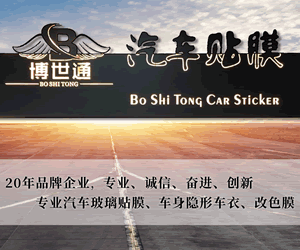A United Nations agency that strives to serve as a uniting force between governments, businesses and workers to “promote decent work throughout the world.” The organization was founded on the belief that peace in the workplace is essential to prosperity; it emphasizes the need for workers to enjoy “conditions of freedom, equity, security and human dignity” through their employment.
For nearly 100 years, the ILO has promoted international labor standards through its field offices in Africa, Latin America and the Caribbean, the Arab States, Asia and the Pacific, and Europe and Central Asia. The organization provides training on fair employment standards, provides technical cooperation for projects in partner countries, analyzes labor statistics and publishes related research, and regularly holds events and conferences to examine critical social and labor issues. The ILO was awarded the Nobel Peace Prize in 1969.
|||The ILO has 18 themes that drive its work:
• Child labor
• Decent work
• Economic and social development
• Employment promotion
• Employment security
• Equality and discrimination
• Forced labor
• Freedom of association and the right of collective bargaining
• HIV/AIDS
• Individual sectors and industries
• Labor law
• Labor migration
• Safety and health at work
• Skills, knowledge and employability
• Social security
• Workers and employers organizations, tripartism and social dialog
• Working conditions
• Youth employment













